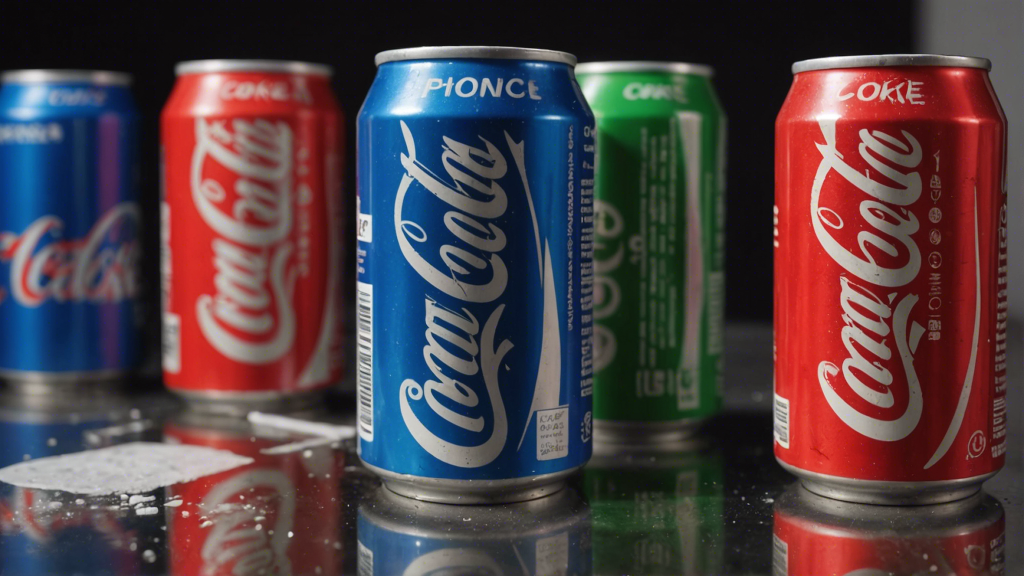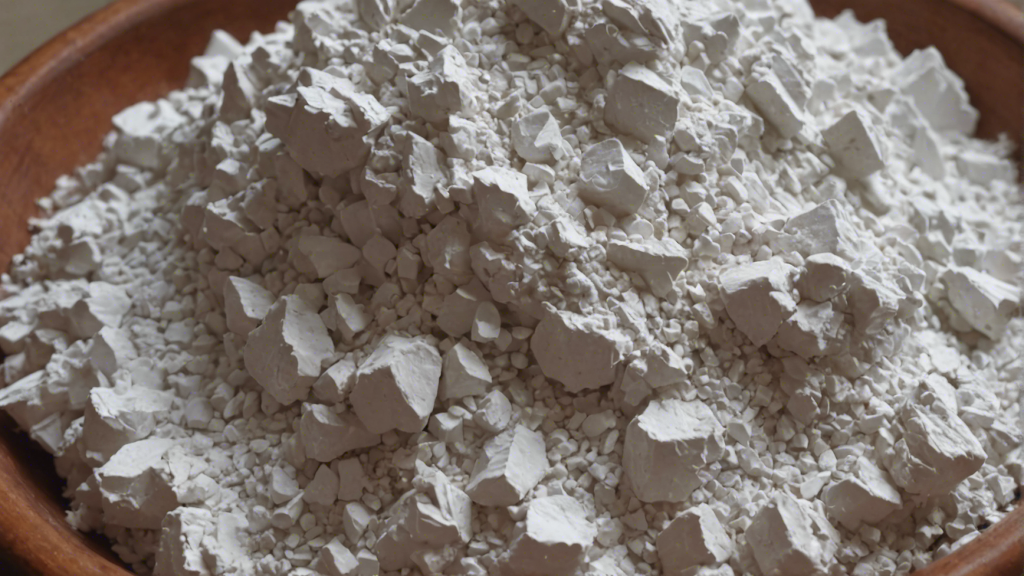For decades, Coca-Cola has held a coveted position as one of the world’s most popular beverages. Yet, lurking beneath its iconic fizz lies an ingredient that sparks debate: phosphoric acid. This article delves into the science behind phosphoric acid, its function in Coke, and the health concerns associated with its consumption.
What is Phosphoric Acid?
Phosphoric acid (H3PO4) is a colorless, odorless, and naturally occurring mineral acid. It’s found in rocks and minerals but is typically manufactured for industrial uses. Phosphoric acid possesses several key properties:
- Acidity: It contributes a tart flavor profile to food and beverages.
- Water Solubility: It readily dissolves in water, making it easily incorporated into liquid products.
- Chelating Agent: It binds to metal ions, influencing color and flavor stability in certain foods.
Phosphoric acid has a wide range of applications beyond the beverage industry, including fertilizers, cleaning products, and pharmaceuticals.
The Role of Phosphoric Acid in Coke
Phosphoric acid plays a multifaceted role in the iconic taste and character of Coke. Here’s how it contributes to the beverage’s unique profile:
- Tangy Flavor: Phosphoric acid adds the characteristic bite or “tang” that balances the sweetness of sugar in Coke. It creates a complex taste profile that is refreshing and appealing to many consumers.
- Enhanced Acidity: The acidic nature of phosphoric acid contributes to the fizz or effervescence of Coke. This carbonation creates a tingling sensation on the tongue and adds to the overall sensory experience.
- Flavor Synergy: Phosphoric acid can interact with other flavoring ingredients in Coke, such as caramel and caffeine, to enhance their taste profile. It might also help to mask any bitterness from caffeine.
Health Implications of Phosphoric Acid
The presence of phosphoric acid in Coke has raised concerns about its potential health effects. Here’s a closer look at the ongoing debate:
- Dental Erosion: Due to its acidity, phosphoric acid can contribute to enamel erosion over time, especially with frequent consumption. The softened enamel becomes more susceptible to cavities and tooth decay.
- Bone Health: Some studies suggest high dietary phosphorus intake, potentially including phosphoric acid, may be linked to decreased bone mineral density. However, more research is required to establish a definitive link and determine how much phosphoric acid might contribute to such issues.
- Nutrient Absorption: Phosphoric acid has the ability to bind to certain minerals like calcium and iron. This may potentially hinder their absorption from food, raising concerns about potential nutrient deficiencies with excessive consumption.
It’s important to note that these concerns primarily arise with high and frequent intake of phosphoric acid. The amount typically present in a single can or occasional consumption is unlikely to cause significant health problems.
Is Phosphoric Acid in Coke Safe?
Regulatory bodies like the FDA (Food and Drug Administration) and JECFA (Joint FAO/WHO Expert Committee on Food Additives) consider phosphoric acid safe for use in food when consumed within established limits. These limits, known as Acceptable Daily Intake (ADI), ensure consumption stays within safe boundaries.
However, safety concerns remain a topic of debate. Some argue that the long-term effects of phosphoric acid, especially with chronic consumption patterns, are not fully understood. They advocate for further research and potentially stricter regulations on its usage in beverages.
The Debate Continues: Expert Opinions
Health professionals and researchers hold varying perspectives on the safety of phosphoric acid in Coke. Here’s a glimpse into the ongoing discussion:
- Nutritionists: Many nutritionists advocate for moderation and suggest limiting sugary drinks with phosphoric acid. They recommend focusing on water and beverages with less-acidic profiles as healthier alternatives.
- Dentists: Dental professionals express concern about the potential for phosphoric acid to contribute to dental erosion. They advise consumers to maintain good oral hygiene practices and limit sugary drinks, regardless of their acid content.
- Public Health Experts: Some public health experts highlight the potential link between high phosphoric acid intake and bone health. They recommend a balanced diet rich in calcium and vitamin D for optimal bone health, regardless of soda consumption.
Navigating Consumer Choices: Alternatives to Coke
For consumers seeking to reduce their phosphoric acid intake, various alternatives exist:
- Sparkling Water: Plain or flavored sparkling water offers a refreshing fizz without the added sugar and phosphoric acid. Look for brands sweetened with natural ingredients like stevia or monk fruit.
- Homemade Sodas: Experiment with crafting your own sodas using fruits, herbs, spices, and natural sweeteners.This allows control over ingredients and minimizes phosphoric acid exposure. Consider using sparkling water as a base and adding fresh fruit purees, herbs like mint or rosemary, and natural sweeteners like honey or maple syrup.
- Unsweetened Teas and Coffees: These beverages offer a refreshing alternative without added sugars or phosphoric acid. Experiment with different flavorings like citrus peels, spices like cinnamon, or natural sweeteners like stevia for a customized taste.
- Fruit Infused Water: Adding sliced fruits like lemons, oranges, or berries to water creates a naturally sweet and refreshing beverage. This is a healthy and affordable choice for those seeking a hydrating and flavorful alternative.
Conclusion: Decoding the Truth Behind Phosphoric Acid in Coke
Our exploration of phosphoric acid in Coke reveals a complex story. This ingredient plays a significant role in the beverage’s taste, fizz, and overall appeal. However, concerns regarding its potential health effects, particularly on dental health and bone density, warrant consideration.
Ultimately, the decision to consume Coke lies with the individual. Here are some key takeaways:
- Moderation is Key: A balanced diet rich in whole foods minimizes exposure to phosphoric acid from processed beverages.
- Informed Consumerism: Reading labels and choosing products with minimal processing and natural ingredients empowers you to make informed choices. Opt for alternatives like sparkling water or homemade sodas if you are concerned about phosphoric acid intake.
- Consult with Healthcare Professionals: For personalized guidance, discuss your dietary choices and any health concerns with your doctor or a registered dietitian.
By understanding the science and controversies surrounding phosphoric acid, you can navigate your beverage choices with a balanced and informed approach. Remember, your health is paramount, and making conscious decisions about what you consume is a vital step towards a healthier lifestyle.
References:
-
- National Institutes of Health: Phosphoric Acid
- Food and Drug Administration: Everything Added to Food in the U.S.
- World Health Organization: Joint FAO/WHO Expert Committee on Food Additives (JECFA)
- American Dental Association: Beverages and Oral Health
- Mayo Clinic: Dental Erosion



